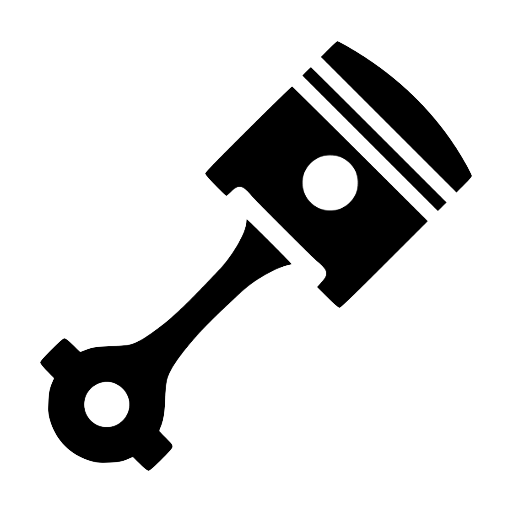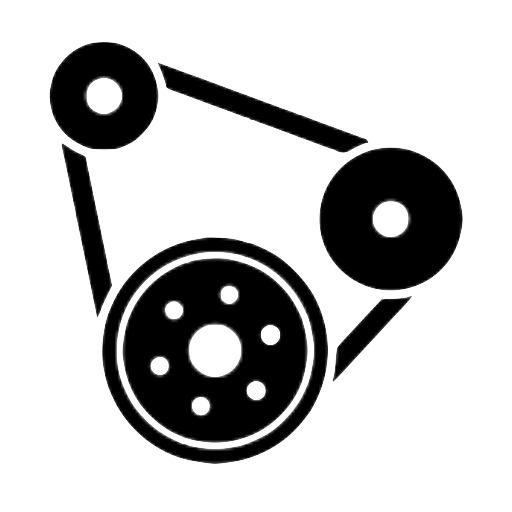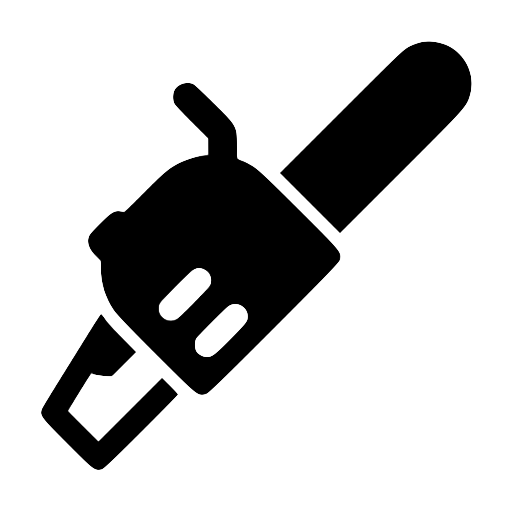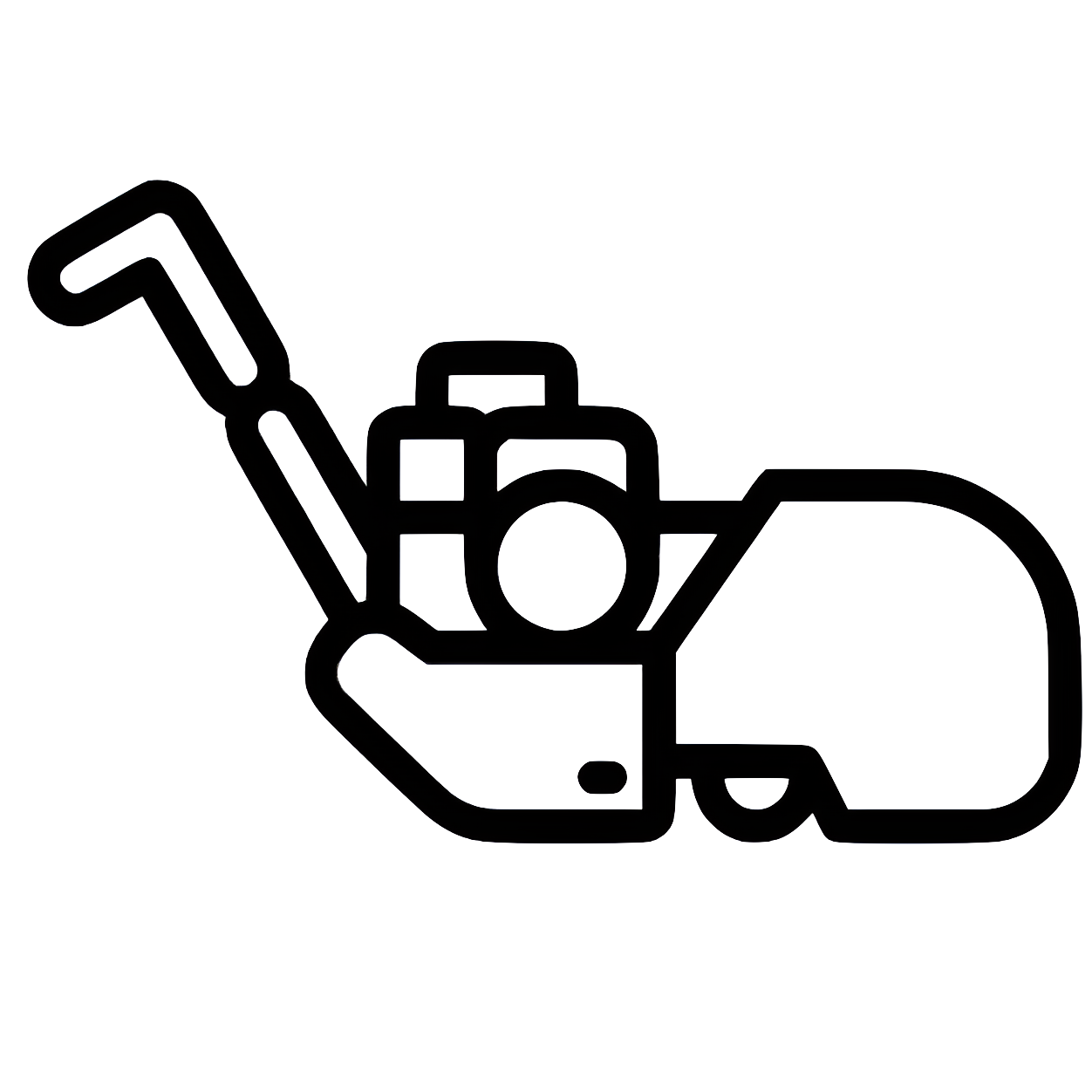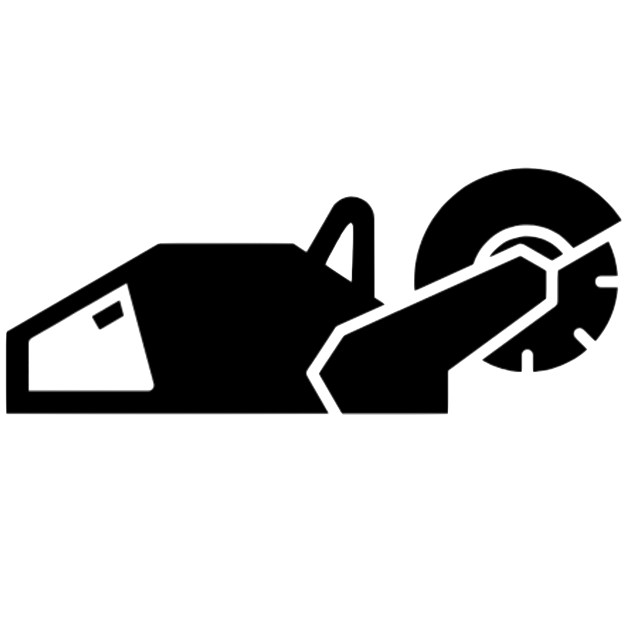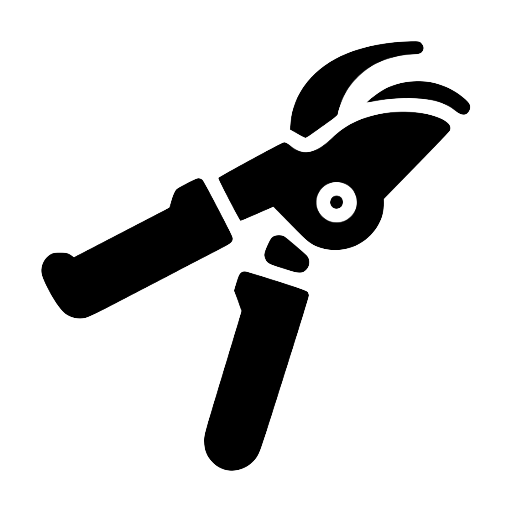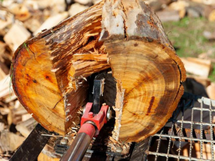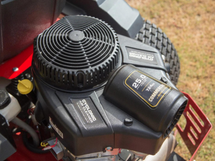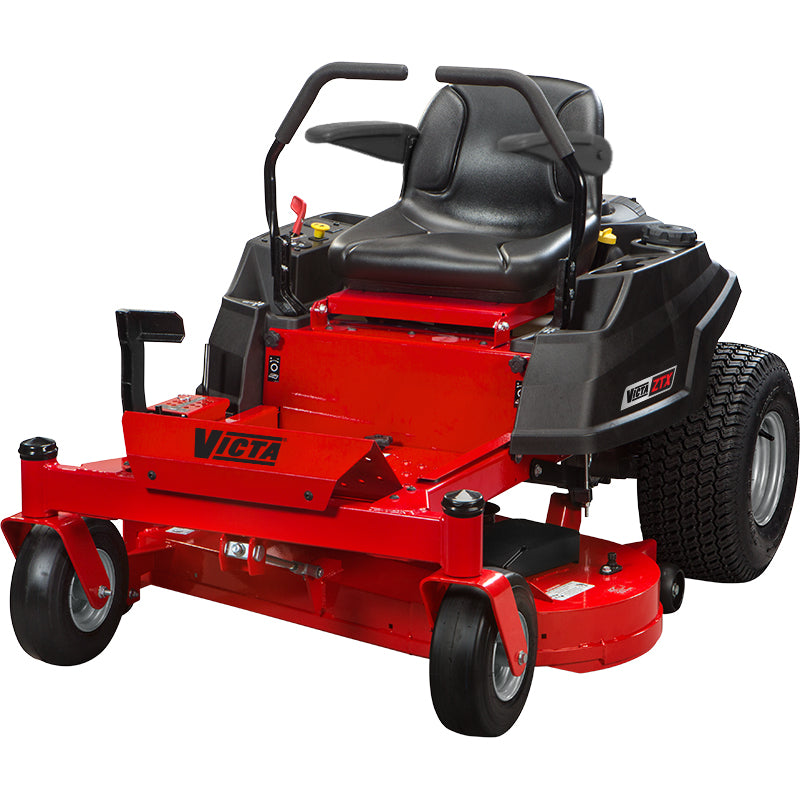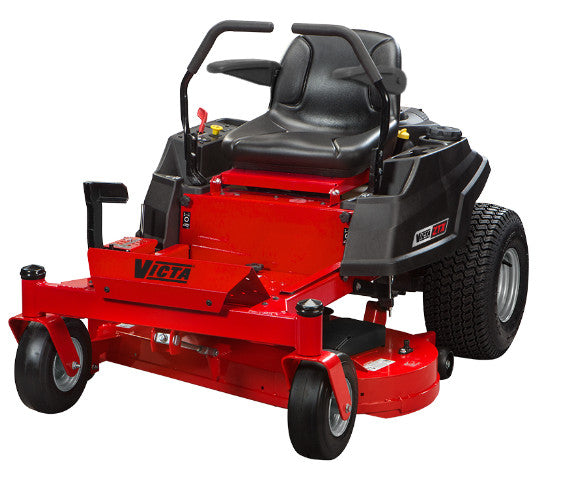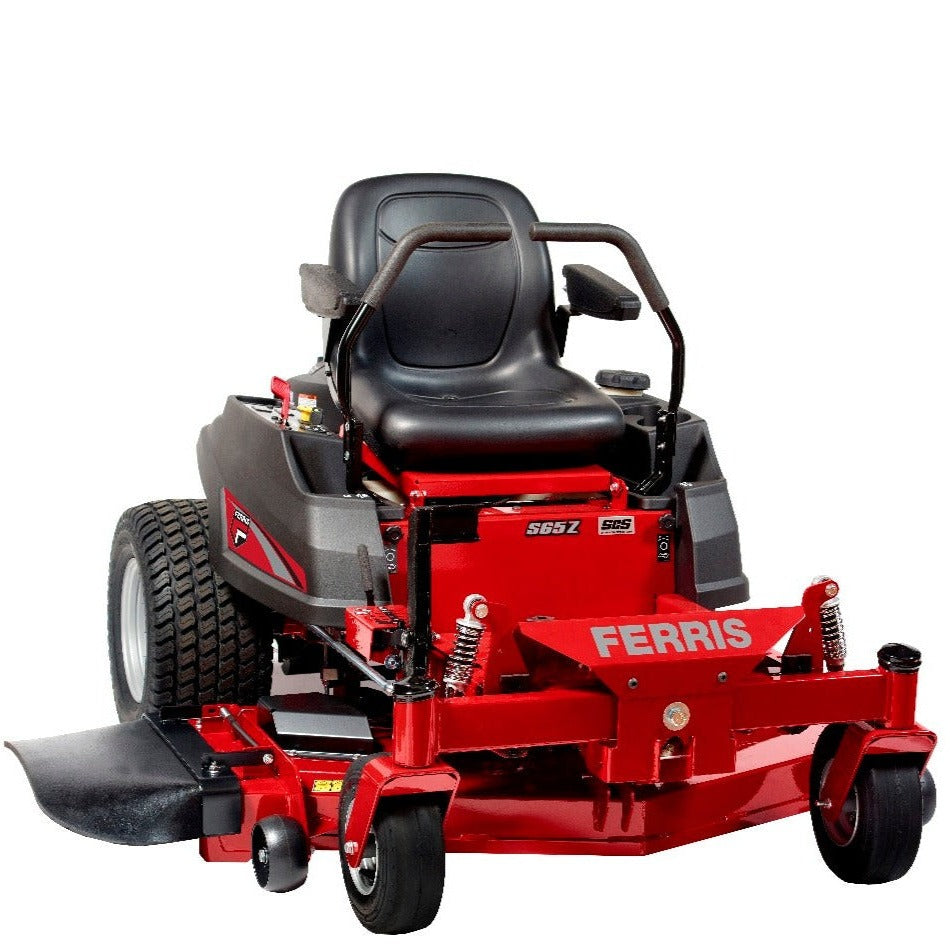When confronted with issues in your small engine or when it ceases to function altogether, a crucial decision arises: whether to repair it or replace it. Here's a comprehensive guide to help you navigate this decision-making process:
STEP-BY-STEP
1. Identify the Problem:
- Start by pinpointing the specific issue. A clear understanding of the problem will guide your decision-making process and help you determine whether a repair is feasible or if engine replacement is a better choice.
2. Evaluate Troubleshooting Results:
- If your initial troubleshooting efforts yield inconclusive results or if the problem seems more complex, deeper issues may be at play. Small engines rely on four key components: air, fuel, compression, and lubrication, and problems can often be categorized within these areas.
3. Major Engine Problem Causes:
- Major engine issues can stem from various sources, including the ingestion of abrasive materials through the air intake or oil fill, insufficient lubrication caused by aged or insufficient oil, overheating due to clogged cooling fins or inadequate lubrication, overspeeding resulting from a malfunctioning governor system, and breakage of engine parts due to excessive vibrations.
4. Professional Diagnosis:
- If you are uncomfortable diagnosing the problem on your own, consider taking the engine to a small engine repair shop for a professional assessment.
5. Consider Equipment Age:
- Assess the age of the equipment powered by the engine. If the equipment is aging and near the end of its useful life, it might be more cost-effective to invest in a new machine rather than spending money on diagnosing and repairing its engine.
6. Age of Equipment:
- For newer equipment, weigh the diagnosis and repair options against the extent of the problem and potential costs.
7. Availability of Replacement Parts:
- Verify whether replacement parts for your engine are readily available. If not, repairing it may not be practical.
8. Complexity of Repairs:
- Some issues, such as a broken recoil starter or a clogged carburetor, are relatively straightforward to address and can be handled by those with mechanical skills. Complex problems near the engine block may necessitate professional intervention.
9. Potential for Chain Reactions:
- Deep-seated problems within the engine can trigger a chain reaction of damage. For example, insufficient lubrication can lead to grinding between piston rings and the cylinder wall, overheating, and blown gaskets.
10. Time and Expertise:
- Consider the time required for diagnosis and repair, especially during peak seasons when professionals may have substantial waiting lists. Evaluate whether you possess the expertise to handle the repair yourself.
11. Warranty Consideration:
- A new engine typically comes with a 2-3-year warranty, providing added value and peace of mind. Repairs may lack a warranty, and any subsequent issues could incur additional costs.
12. Cost Analysis:
- Calculate the cost of necessary repair parts and estimate labor costs (often double the part cost). Combine these costs. If the total approaches or exceeds the value of a new engine, replacing the engine becomes a more cost-effective choice.
13. Complexity of the Problem:
- The complexity of the issue should influence your decision. For simple problems, you are confident in repairing; fixing it may make sense. However, for complex issues with uncertainties, engine replacement is often a safer choice.
14. Safety and Reliability:
- Remember that the engine serves as the heart of the machine. A malfunctioning or uncertain repair job could compromise safety and reliability. Replacing the engine or equipment ensures optimal performance.
In summary, repairing small engines can save money, but it's practical primarily for simple issues that don't involve extensive engine disassembly. For complex problems, especially those near the engine block, professional assistance may be necessary. If repair costs approach or exceed the value of a new engine, or if warranty and peace of mind are important, replacing the engine is typically the wiser investment. Ultimately, the decision between repair and replacement should be based on a careful assessment of the specific circumstances.

